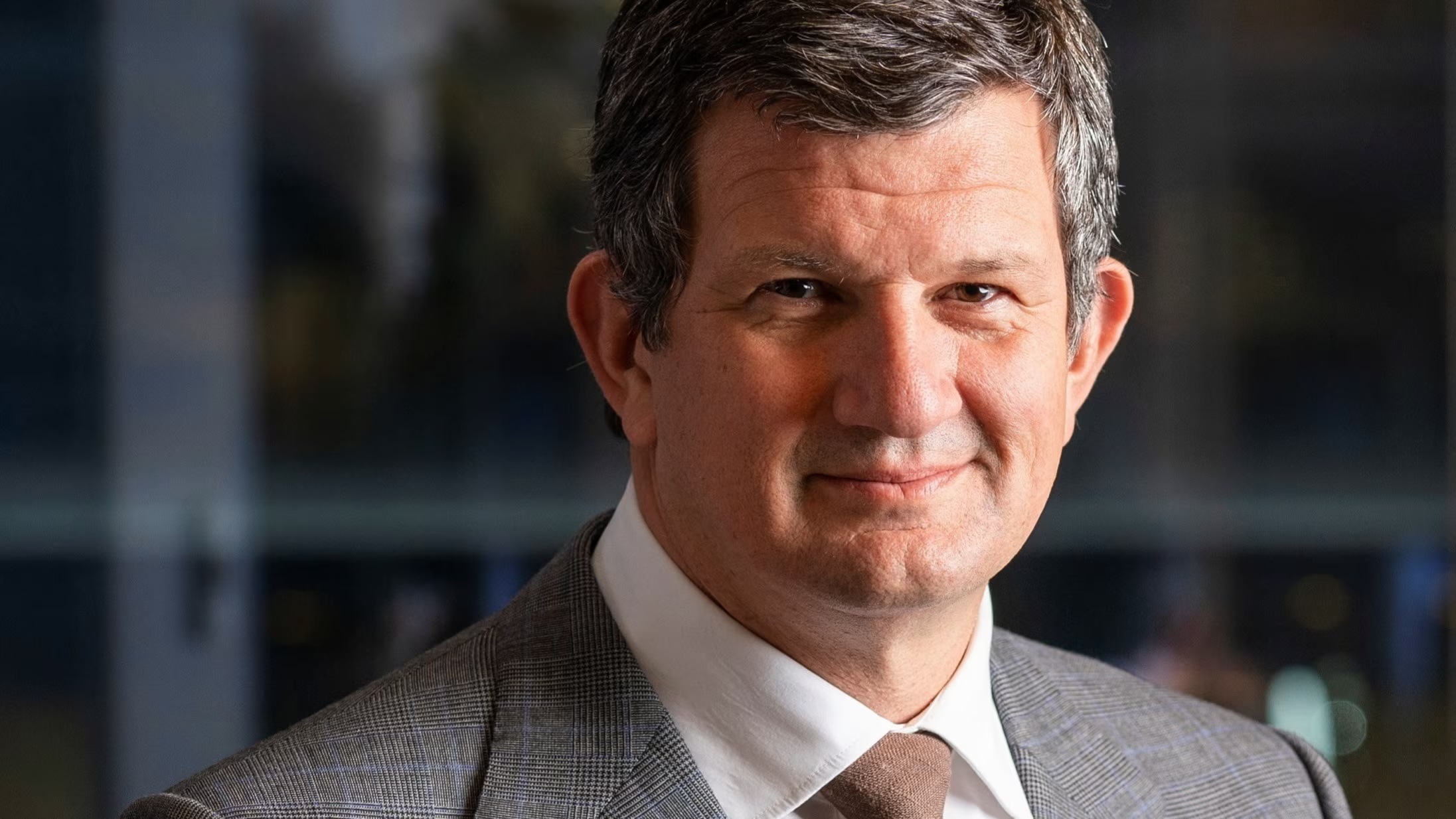The company plans to divest its remaining stake in the London Stock Exchange Group (LSEG), fueling this investment with proceeds and its robust financial health. Additionally, Thomson Reuters commits over $100mn annually to develop its AI technology, enhancing services in legal, tax, and accounting fields.
This shift aligns with emerging generative AI advancements, although the impact on customer spending patterns remains uncertain. Hasker highlights AI as a significant “tailwind” for Thomson Reuters, with a focus on rebalancing its revenue sources globally, eyeing aggressive expansion in markets including Brazil, Mexico, Southeast Asia, and Japan.
The company has also entered into partnerships with AI groups to utilize Reuters news for training large language models, though details on commercial terms were not disclosed. Amidst these developments, Thomson Reuters faces a copyright lawsuit against AI-driven legal research company Ross Intelligence, a case closely watched for implications on media content ownership.
With a global workforce of 26,000 and a majority ownership by the Thomson family, the company remains committed to its long-term vision, supported by its successful financial performance and stock price appreciation. As Thomson Reuters prepares to exit its LSEG stake, it continues to innovate, launching new AI services and planning multiple product introductions, reinforcing its integration of technology across its business divisions, including Reuters news, which remains a crucial component of its portfolio.








